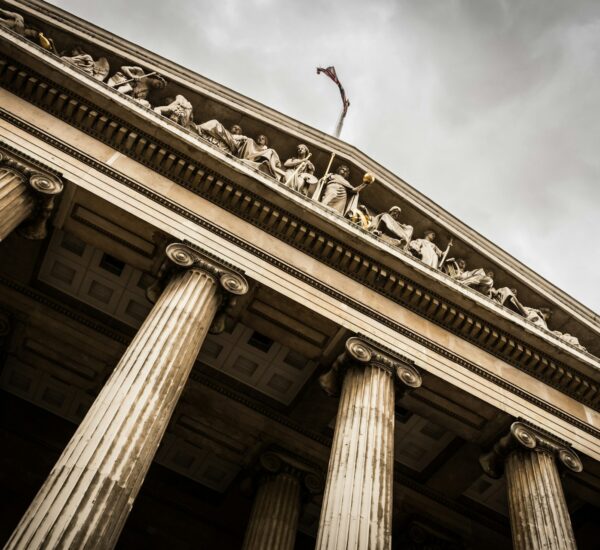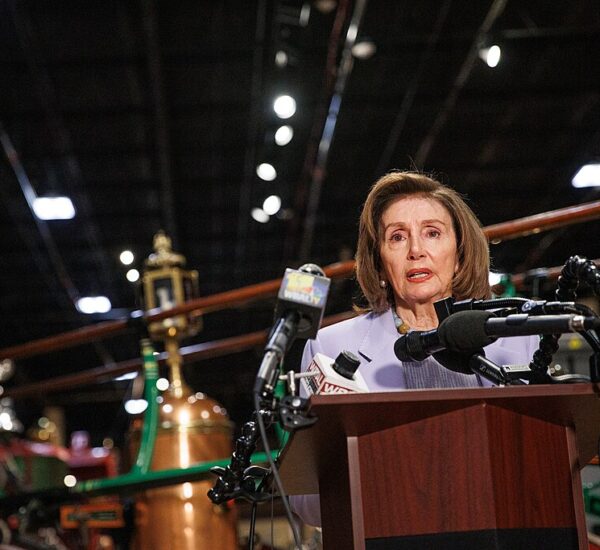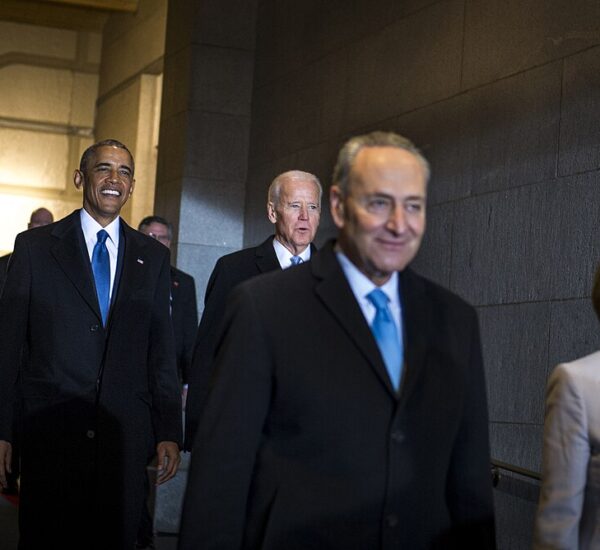Trump Losing Critical Legal Battle?
President Donald Trump’s bold crackdown on politically compromised law firms has hit resistance in federal court. A series of rulings this month have blocked his executive orders aimed at stopping major firms with ties to anti-Trump actors from receiving lucrative federal contracts.
But while some in the legal establishment cheer these rulings, conservative Americans see another example of a justice system protecting its own.
Federal Judges Block Trump Orders Meant to Rein in Big Law
In decisions that stunned many, judges appointed by both Republican and Democrat presidents ruled against President Trump’s efforts to hold politically active law firms accountable.
The administration had targeted Perkins Coie, WilmerHale, and Jenner & Block—firms with deep ties to the Clinton campaign, the Russia hoax investigation, and other partisan operations. Yet courts struck down Trump’s orders, calling them unlawful.
Legal elites celebrated the decisions, but many Americans see it differently: another example of the D.C. legal swamp circling the wagons.
Why Trump Targeted These Law Firms
These weren’t random law firms.
- Perkins Coie worked directly with the Clinton campaign and helped push the discredited Steele dossier.
- WilmerHale employed Robert Mueller before and after his politically motivated investigation into Trump.
- Jenner & Block had ties to Andrew Weissmann, a top figure in Mueller’s anti-Trump probe.
Each firm was involved in efforts that, many believe, were meant to undermine the 2016 election and the Trump presidency.
Trump’s Executive Orders: Defending the Republic or Retaliation?
President Trump’s executive orders were straightforward: limit federal contracts to firms the administration believed posed a national security risk or had shown political bias. The Trump team argued that access to classified information and taxpayer dollars should only be given to trusted, nonpartisan actors.
But the judges didn’t agree.
- Judge Richard Leon (Bush appointee) claimed the orders challenged the foundations of America’s justice system.
- Judge John Bates called Trump’s actions an attempt to silence legal voices.
- Judge Beryl Howell (Obama appointee) even invoked Shakespeare to mock the administration’s efforts.
To many conservatives, this wasn’t about law—it was about protecting allies of the left.
Elite Firms Struck Deals — And Trump Got Results
While some firms fought Trump’s orders in court, others cut deals.
- Paul, Weiss avoided legal trouble by agreeing to provide $40 million in free legal work to support administration initiatives.
- Skadden, Arps followed suit, promising $100 million in pro bono legal services without ever facing a formal order.
In total, at least seven elite firms quietly struck deals with the Trump administration—despite no court orders—providing tens of millions in free services.
Whether they agreed out of fear, business calculation, or patriotism, one thing is clear: Trump’s pressure campaign worked.
Legal Experts Divided — But the Public Isn’t Fooled
Some legal scholars argue the deals are unenforceable. Yale Law professor Harold Koh, a longtime Trump critic, says firms should walk away from these agreements.
But attorney Rachel Cohen, formerly of Skadden, put it differently: “The fact that these firms made concessions—even without a strong legal case—means Trump won.”
And that’s what many Americans believe. The system may pretend to reject Trump’s executive orders, but in practice, the legal industry gave in.
The Real Story: Trump Challenged the Legal Cartel—and It Blinked
President Trump’s actions show he’s unafraid to take on the entrenched powers of the legal establishment. Whether in politics, media, or now Big Law, he continues to expose who really pulls the strings—and he’s willing to fight back.
These legal rulings may be a temporary setback. But the America First movement is watching—and learning. The swamp may have won a battle, but the war for justice, fairness, and accountability is far from over.







“Is Trump Making The World Safer?”
ABSOLUTELY!! IN SPITE of our t r a i t o r o u s “judges”!
just think of how much MORE safe it would be if these so-called “judges” would actually DO THEIR JOBS and OBEY the US CONSTITUTION by letting the President alone to fulfill his responsibilities as specified by the US Constitution.